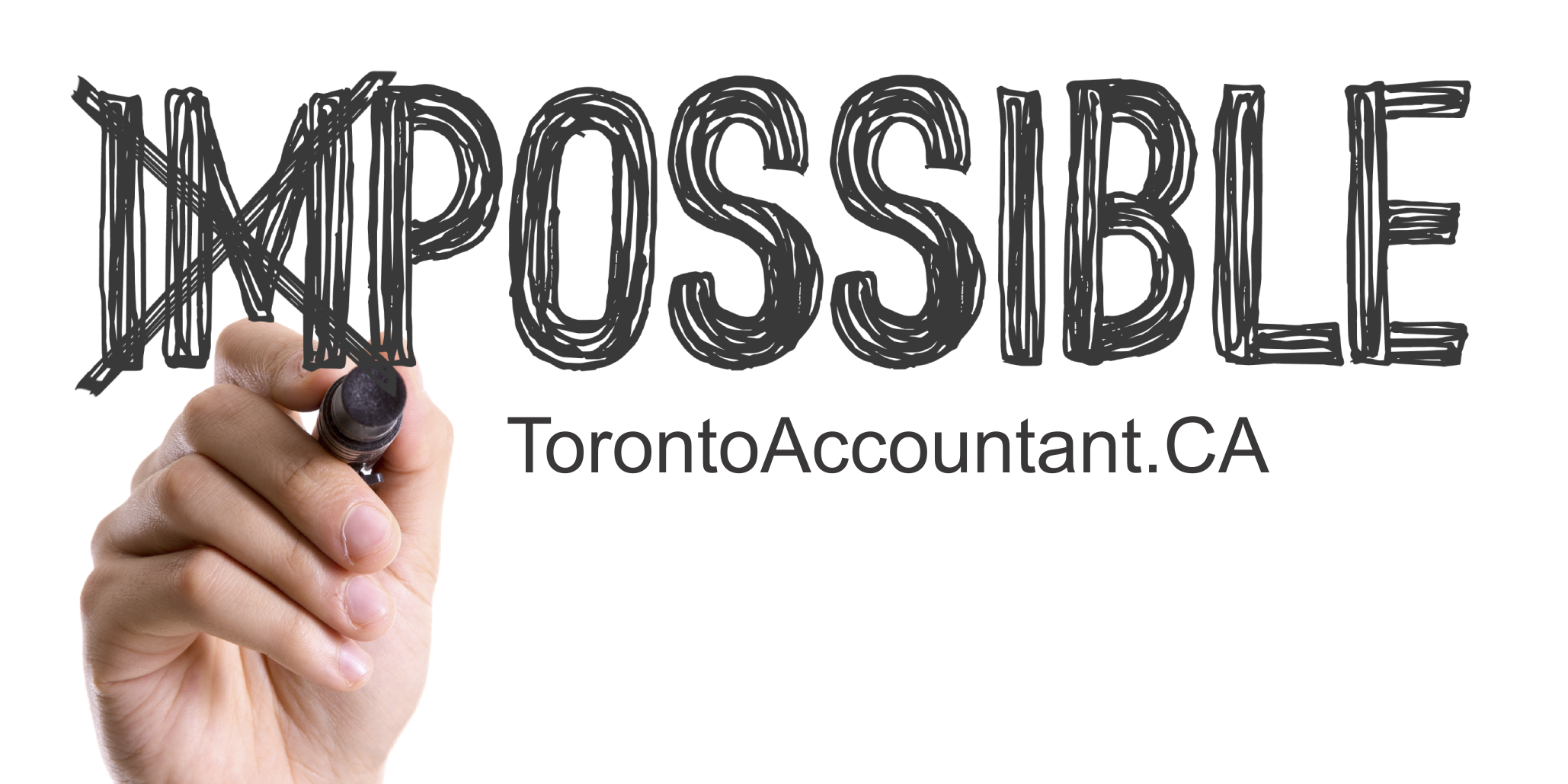When the year comes to an end and a new one is about to begin, a lot of people like to set New Year’s resolutions. There are many different things that they focus on with some of the common ones being to perhaps lose weight or become healthier, and one of the most major one is to become more financially stable. When it comes to the finances and setting the resolutions this is no easy task, but there are a few steps that can be taken to help one stick it out throughout the year.
The first step is to know where you financially stand. Don’t second guess what your financial situation is. Know what it is by the facts. You need to be realistic about your income and look at what this is after taxes, as this is what you have to work with. You need to know all of your expenses and include all of them, which is not only the running of your household but other personal expenses. Fixed expenses are the ongoing ones that you can never get rid of. Then there is the other debt and you want to know when it comes to your debt what is principal and what is interest. Then take a look at your investments. Pay attention to these, know what they are, where they are held and what your expectations of them are.
Now you need to set a budget. The first thing you want to do is take your after-tax income and then from this subtract all of your expenses that are fixed. With the balance that is left over you now have to deduct the payments that you have for your other debt. The amount that is left is now your excess income. What you need to do now is start tracking your financial situation and see where you can start cutting back.
Your first goal has to be to get out of debt and of course you want to have savings but you are never going to achieve that goal until you become debt free. Take a look at the interest that you are paying on your various debts and try to make the biggest effort towards those with the largest rates of interest. Now set a date of when you can pay this off or bring it to an amount that you feel is going to be realistic. With large credit card debt if you are financially tight it is difficult to determine that you are going to pay this off in the year. So be realistic with what you are setting here.
Once you began to free up some money as you bring your debt level down don’t get into the habit of spending at this money you should always have an emergency contingency fund set aside for any unforeseen circumstances that may arise. This way you are not going to be putting yourself in debt again, but you’re serious a saving effort should be reserved until after you have handled your debt situation.






